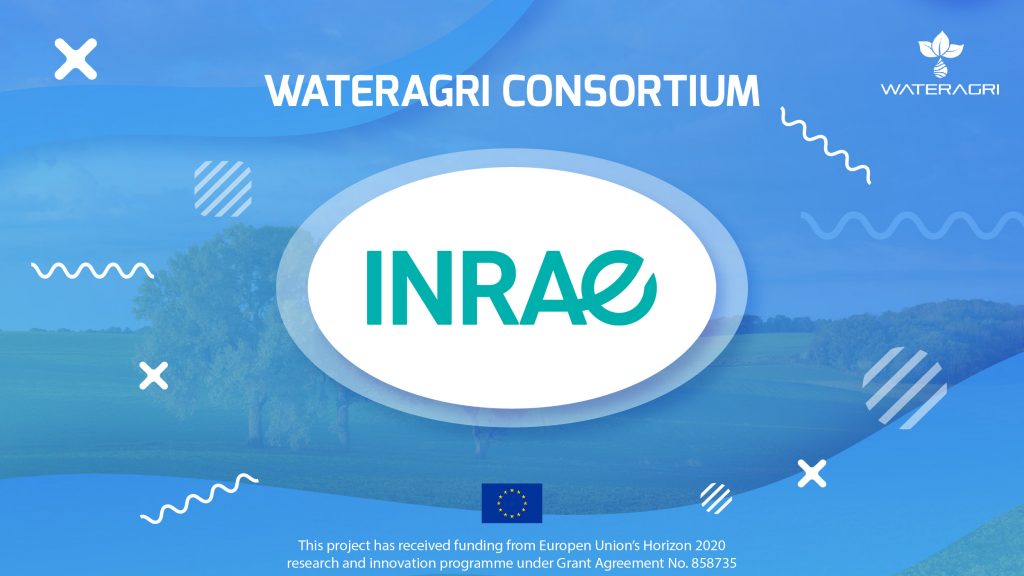INRAE is a French national public scientific research institution working on agriculture, food and food security, environment and land management, with a particular emphasis on sustainable development. It is Europe’s top agricultural research institute and the world’s number two for agricultural sciences.
INRAE’s research is fuelled by two aims: to expand current knowledge and to address major societal issues. This knowledge has tangible benefits for the development of agricultural, industrial and service-based companies. INRAE collaborative and multidisciplinary approaches aim to:
• help to shape national and international public policy,
• support debates regarding science’s role in society, and
• identify important new research directions.
Our main goal is to develop agricultural systems that:
• are efficient and competitive,
• better meet people’s nutritional needs and can be used in novel ways, and
• respect the environment and natural resources as well as use land responsibly.
Two joint research units (UMR), from INRAE’s AgroEcoSystem division (https://www.inrae.fr/departements/agroecosystem) based in Grignon near Paris will participate in WATERAGRI. The EA division aims at producing generic and operational knowledge for (i) the sustainable management of cultivated areas and of their physical (soil, water and air) and biological resources; (ii) the maximization of the ecological services they deliver; and (iii) the achievement of quantitative and qualitative production goals.
Main Role in WATERAGRI
INRAE will implement the case study of Auxerre in collaboration with the Chamber of agriculture 89. We will also participate in WP1 by testing the serious game with farmers and other stakeholders of the water catchment to help them to develop their knowledge and their capability to design an efficient project for their land. INRAE will (i) collect data (sampling and lab analysis) on soil and water nitrate and pesticides content; (ii) contribute to collective analysis of the agricultural practices and farm constructed wetlands, and results on soil and water content and quality; (iii) contribute to the development of a decision making framework (WP7) to understand the territorial system bottlenecks; and (iv) and help the local governance body to design and implement step-by-step a successful project for water quality enhancement.

Key persons
Raymond Reau (male), M.Sc. degree in agronomy science (AgroParisTech), works as a research scientist at UMR Agronomie. His main expertise is in designing and assessing innovative cropping systems through collective processes involving farmers, advisors and experts, mobilizing the Knowledge-Concept-Project of the French School of Mines, and in designing and testing tools applied to the Fertilization Decision Support System in agriculture towards sustainable farming systems.
Pierre Benoit (male), PhD, works as research scientist at UMR Ecosys. His research interests concern soil science and the coupling of biological and physico-chemical processes involved in the fate and transport of pesticides and other potential contaminants in soil and water. Applications of his research concern the assessment of several management and cropping practices such as organic waste recycling in agricultural soils, soil tillage practices, cover crop introduction, installation of grassed buffer strips and their impacts on the fate and transport of pesticides and other organic contaminants.
Arnaud Butier (male) works as senior research technician both at the UMR Agronomie.